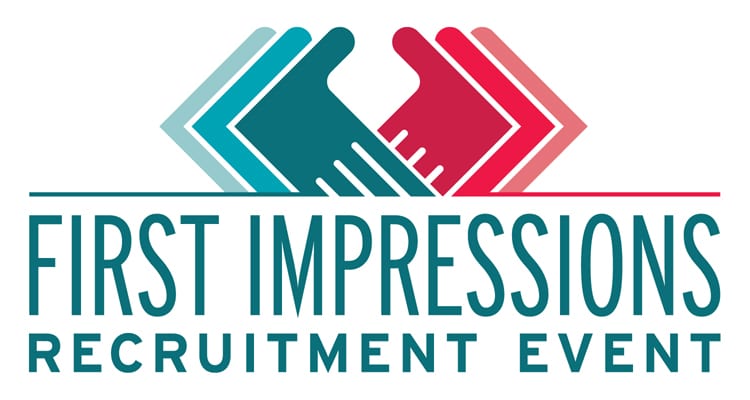Congratulations to our second Directions Conference 2020 early bird prize winner!
The Directions Conference connects Red River College students in Business and Applied Arts with industry professionals in many areas of business. This year’s keynote speaker is local restaurateur, and former Blue Bomber, Obby Khan!
Click here for details on Obby’s keynote talk: The Grind: Make you or Break you.
Date: Thu, Feb 6, 2020
Location: Canad Inns Destination Centre Polo Park
To register, visit: DirectionsConference.ca
Congratulations to Chris Parson, winner of $250 Polo Park gift card!
The earlier you register for the Directions Conference 2020, the more chances you have to win one or more these awesome prizes:
$150 Outlet Mall gift card (deadline: Jan 10th)
$150 The Keg gift card (deadline: Jan 17th)
$75 Ultimate Dining gift card and 2 movie tickets (deadline: Jan 24th)
For more information and to register for the event, click here: Directions Conference 2020
You can apply for a bursary for the fees to the Directions Conference. For more information, visit DirectionsConference.ca.
NOTE: By registering for the Directions Conference, I agree that Red River College (including its Board of Governors, officers, employees, agents and partners) can use photographs and video footage taken at this event for future educational or promotional purposes. I understand there will be no payment for the use of these images, and that Red River College will not require my approval when such images are used. I will not hold Red River College responsible if my image is blurry, distorted, edited or otherwise altered.





